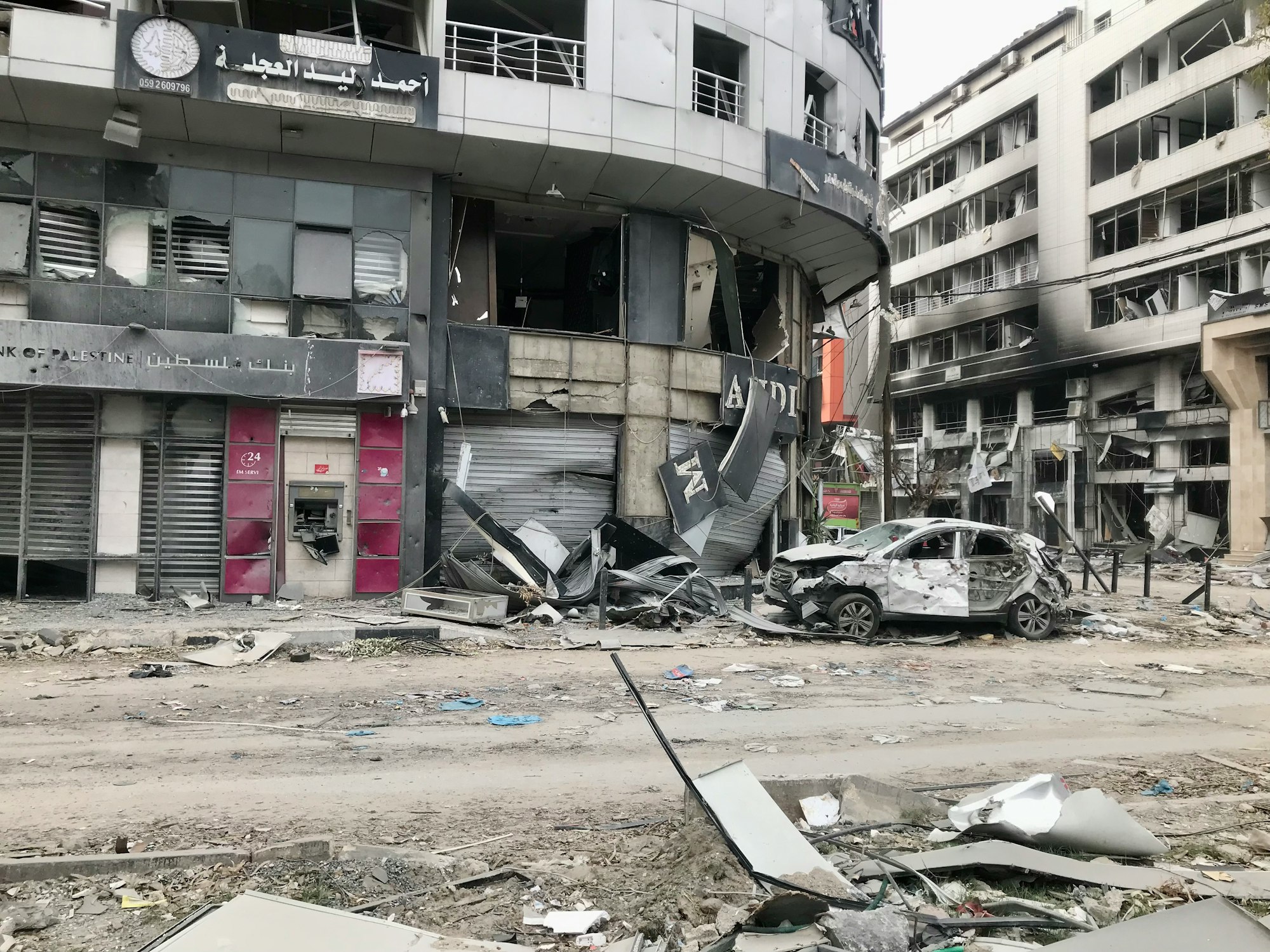Israel's Congo Plan Sparks Controversy Over Voluntary Migration for Gazans
While the Israelis characterizes the plan as an option for Palestinians to voluntarily relocate, critics argue that it may be a veiled attempt at ethnic cleansing.

In recent developments, Israel has engaged in discussions with the Democratic Republic of Congo (DRC) and other nations concerning what is termed a "voluntary migration" initiative for Palestinians residing in Gaza.
While the Israeli government characterizes the plan as an option for Palestinians to voluntarily relocate, critics argue that it may be a veiled attempt at ethnic cleansing. This proposal has drawn criticism from human rights groups and Palestinian officials.

Israel's diplomatic ties with the DRC have a history, encompassing diplomatic relations, trade agreements, and recent visits by Congolese leaders. In 2021, Félix Tshisekedi, the leader of the DRC, visited Israel and expressed a commitment to nurturing strong relations between the two nations.
The Congo Plan
This relationship has also involved discussions about relocating embassies, with the DRC considering moving its embassy to Jerusalem and Israel contemplating the reopening of an embassy in Kinshasa. Notably, historical ties with former DRC leader Mobutu Sese Seko have contributed to the warmth in the relationship.
The cooperation between Israel and the DRC spans various sectors, including agriculture, security, cybersecurity, and infrastructure development. Israel's significant investment in the DRC's agricultural sector aims to enhance food security and stimulate agricultural growth through expertise in irrigation, cultivation techniques, and water resource management.
Additionally, discussions on security cooperation focus on countering armed groups and security threats in the DRC. Israel's expertise in building sustainable energy and telecommunications infrastructure positions it as a key player in the development of the DRC's infrastructure.
Israel's involvement in training soldiers extends beyond the DRC to multiple African nations, covering areas such as hand-to-hand combat, hostage rescue operations, urban combat, and shooting skills.
Security relationship
The recent collaboration on drones and cybersecurity with the DRC highlights an expanding security-related partnership. Notably, the Israeli army's participation in the African Lion 2023 military maneuvers in Morocco signifies a milestone in military exercises on the African continent.
Furthermore, Israel's arms exports to sub-Saharan Africa have been a subject of interest. Reports indicate that from 2006 to 2010, Israeli arms exports accounted for less than 1% of major weapon transfers to the region. The exports mainly included small quantities of artillery, unmanned aerial vehicles, armored vehicles, and patrol craft. Israeli arms exports to African countries rose by 40% in 2014 compared to the previous year, with deals valued at $318 million.
The Stockholm International Peace Research Institute (SIPRI) identified recipients of Israeli weapons in the period 2006-2010, including Cameroon, Chad, Equatorial Guinea, Lesotho, Nigeria, Rwanda, the Seychelles, South Africa, and Uganda.
Notably, Israel's defense exports to Africa increased to 3% in 2021, with deals worth $275 million. While the African arms market remains relatively small, the commercial aspect is a significant driver for Israel's arms sales. Moreover, political and military ties with African nations are gaining importance, particularly in countering influences perceived to be associated with Iran.

